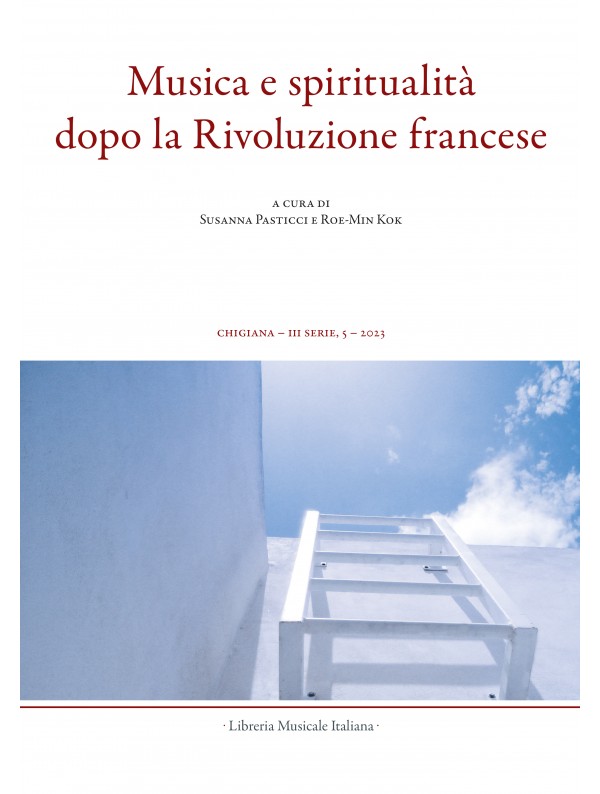The “Metaphysical Question” in Contemporary Italian Musical Theater
A Case Study: Leggenda by Alessandro Solbiati
Abstract
Italian religious music of the twentieth and early twenty-first century presents a “problematic” approach to the theme of the sacred. This contribution aims to investigate how the “metaphysical question” is addressed in Alessandro Solbiati’s recent theatrical work
Leggenda (2011), which is based on “The Legend of the Grand Inquisitor” from the fifth book of Dostoevsky’s The Brothers Karamazov. The intellectual, compositional, poetic, and aesthetic complexities posed by such an audacious literary choice constituted a formidable
challenge for Solbiati. The composer stages the “dialogical conflict” between Ivan and Aljòša Karamazov with a stratification of different dramatic and space-time layers, conveying the unresolved ethical dilemmas of the Russian writer. At the same time, he places the work’s vast formal conception and linguistic complexity at the service of a rediscovered relationship with the listener, intertwining his link with “history” with compositional rigour and the experimental and speculative attitudes typical of structuralism. In this interplay between research and memory lies Solbiati’s personal response to the post-Webernian avant-garde and the postmodern aesthetics of our age.





